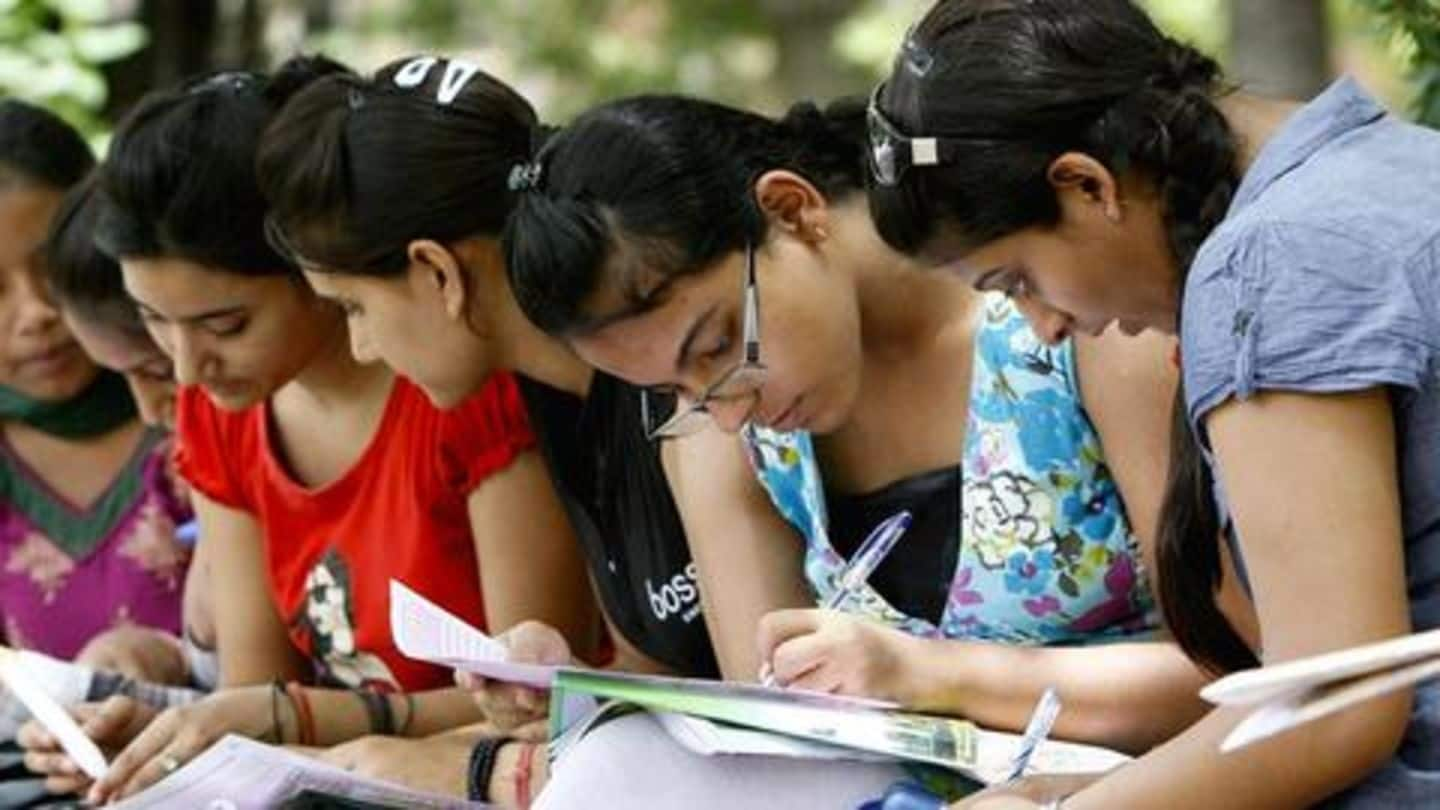
#CBSE2019: 7 tips to prepare for CBSE Board Examinations
What's the story
The CBSE Board Examinations are only a few months away and it is high time for students to start preparing seriously in order to score well in the exams.
Exams can be a big reason for stress but the students need not worry if they study hard and prepare properly and consistently.
Here are 7 tips to prepare for the CBSE Board Exams.
Tip #1
Create a study time table for effective preparation
It's imperative for students to utilize and manage time well while preparing for exams.
With a good study timetable and proper planning, they can reach their daily, weekly, and long-term study targets. They must adhere to their schedule and stay less distracted.
However, they should avoid studying continuously for long hours to stay focused. They should take breaks, relax, and get sufficient sleep too.
Information
Tip #2: Know the exam syllabus
Students must know the complete exam syllabus and follow each book listed in it strictly. While it is good to go through reference books to enhance one's knowledge, spending too much time on them instead of the prescribed books can hamper their preparation process.
Tip #3
Focus on all subjects to score well in the exams
Most students tend to focus on tough subjects like Mathematics, Physics, Chemistry, Biology, etc. and ignore the languages. But they must spare at least an hour for the languages daily, which can help boost their percentage.
Students should plan in such a way that they don't burden themselves with difficult subjects/topics.
They can study light subjects in between so that they don't lose interest.
Tip #4
Prepare a revision plan; make notes of what you've studied
The importance of proper revision cannot be emphasized enough. Students must regularly revise whatever they learn or study every day.
They can make notes of important topics or formulae to help them revise better.
To avoid confusion, they can also take help of visual aids while revising; they can convert their revision notes into diagrams and flowcharts to remember them well.
Information
Tip #5: It's important to identify your weaknesses
After covering the complete syllabus, students will be able to identify their weak areas. Whether it's some subject or topic, they can overcome their weaknesses by preparing a strategy and spending more time on them. They can get better with written practice and proper revision.
Tip #6
Solving sample papers and previous question papers
Solving the question papers of at least the last 10 years and sample papers will help students revise almost all concepts and understand the exam pattern.
Taking mock tests will also help them analyze their performance, assess the difficulty level, and the format of the question papers.
Also, they can set a timer while taking the exam to manage time better during the exam.
Information
Tip #7: Self-analysis of the performance
It is also important for students to maintain a record of their performance, including the marks they score in sample tests or pre-boards, to understand how they can improve in every subject. They should analyze their performance after each test and aim to get better.